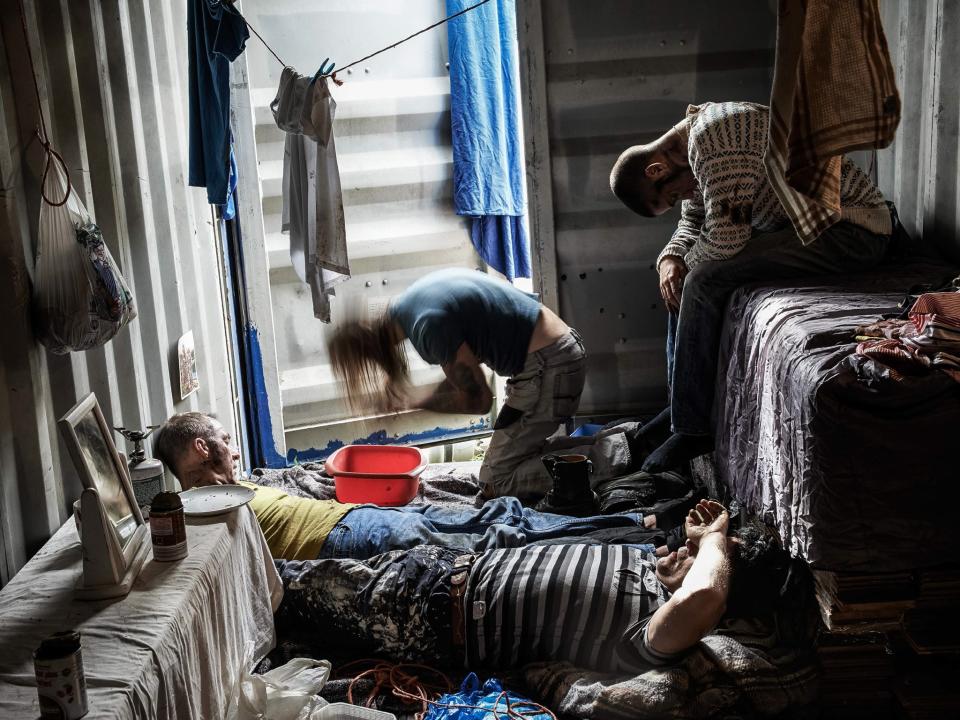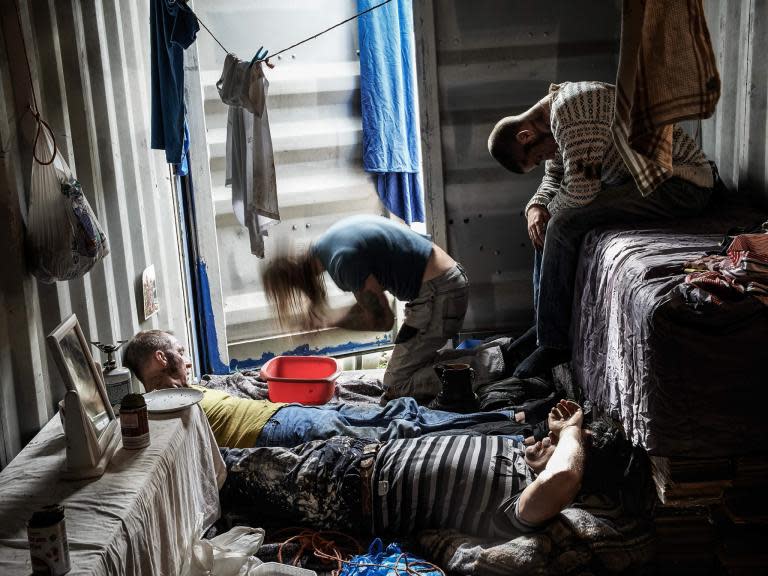Police ‘failing modern slavery victims and letting masters go free’
Modern slavery victims are being failed by police with mistakes that let their masters go free, the government has been told.
A super-complaint submitted to HM Inspectorate of Constabulary says that despite a 250 per cent increase in modern slavery police operations in 2018, only 7 per cent of recorded cases were referred to prosecutors.
The Hestia charity said a lack of awareness and understanding of the needs of vulnerable victims was causing them to drop out of investigations against traffickers, and refuse to give evidence.
Campaigners said “poor practice” during interviews was distressing traumatised people and officers appear to have been given “minimal training” in many areas of Britain.
A Nigerian modern slavery victim who was forced into sexual exploitation said that a male police officer “questioned everything”, shouted at her and searched her.
“He even questioned why I spoke English,” the woman said. “He then started searching me. He emptied my bag and took out every item. He made me empty out my pockets and take off my shoes. It was so traumatising I cannot remember it all.
“He said he’d throw me out if I didn’t tell the truth. He shouted at me to speak up. When I asked him to slow down because I didn’t understand him, he accused me of insulting him … I didn’t want to complain after that, I didn’t want anything to do with the police. That’s why I didn’t report my case.”
Patrick Ryan, the CEO of Hestia said survivors needed to be supported to ensure traffickers are convicted.
“When a victim of modern slavery is met with disbelief instead of support, prosecution levels of exploiters remain exceptionally low, allowing criminals to stay active on our streets and victimise more vulnerable people,” he added.
“Frontline police officers need support and training so that victims have the confidence to cooperate and support prosecutions.”
The super-complaint was launched after new National Crime Agency figures showed that almost 7,000 potential victims of trafficking and modern slavery were reported to authorities in 2018, with the figure rising by 80 per cent in two years.
People from 130 different countries were identified, but British citizens made up the largest group because of the exploitation by children and vulnerable adults by “county lines” drug gangs.
Police forces across the UK have been attempting to crack down on the model, as well as launching dedicated operations against modern slavery that have resulted in numerous arrests.
The number of modern slavery prosecutions rose by a quarter last year but make up a fraction of tens of thousands of cases flagged to authorities.
Kate Roberts, director of the Human Trafficking Foundation, told The Independent the government was “playing into the traffickers’ hands” by failing to allocate enough resources to the battle against modern slavery.
She pointed out that police are also responsible for immigration enforcement, and many modern slavery victims are undocumented.
“There needs to be more leadership and funding around this – I don’t think it’s realistic to expect the police to provide the support they need,” Ms Roberts added. “The police are overstretched and they can’t be expected to be the social worker, the therapist and the advocate as well as the investigator.
“Of course we can criticise the police but it’s very hard for them to carry out good practice if they don’t have structure.”
The super-complaint system, which covers all police forces in England and Wales and was launched in November, allows organisations to raise concerns on behalf of the public and confront systemic issues.
Hestia launched its complaint as another charity warned that child victims of modern slavery could be criminalised by a new government scheme.
Proposed Knife Crime Prevention Orders would be imposed on children as young as 12 who are found carrying a knife twice, with powers to impose extensive restrictions and jail those who break them.
The Prison Reform Trust and Standing Committee for Youth Justice sent a briefing to MPs warning that the policy “could criminalise thousands of children who are themselves victims of slavery, trafficking or criminal exploitation” and put them at increased risk of neglect or abuse.
Mark Day, head of policy at the Prison Reform Trust, said the orders threatened to open “a backdoor to custody for thousands of vulnerable children and young people, instead of directing them into the care and support they need”.
A Home Office spokesman said: “Modern slavery is an abhorrent crime that this government is tackling by giving law enforcement the tools they need to identify victims and pursue offenders.
“Our world-leading Modern Slavery Act has led to thousands of victims being protected and hundreds of convictions. But we know there is more to do and are working with police to see what more can be done to improve their response to this terrible crime.
“We are clear that anyone being exploited or groomed into a life of crime should be treated by law enforcement as a victim first and foremost.
“Knife crime prevention orders are civil orders which allow courts to intervene early and steer young people away from violence without criminalising them."

 Yahoo News
Yahoo News 

